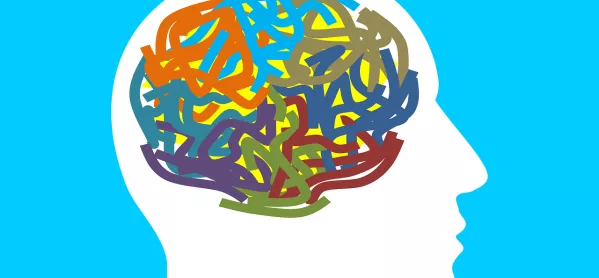Thousands of UK children with mental health problems are falling through the gaps as cash-strapped schools and public services struggle to cope with a surge in numbers, a new study shows.
Referrals to child and adolescent mental health services (Camhs) have jumped by more than a quarter (26 per cent) in the past five years, according to research by the Education Policy Institute.
But as many as one in four (24 per cent) of those in need of specialist support - equivalent to at least 55,800 children - were rejected last year alone, mainly because their conditions were not deemed serious enough.
Whitney Crenna-Jennings, who authored the report, said young people who have self-harmed or experienced abuse are among those falling through the “gaps” in the current system.
“With a significant number of local authorities phasing out crucial services that offer alternative support, these children may find it increasingly difficult to access any formal help at all,” she added.
Mental health problems cost the UK economy an estimated £50 billion to £100 billion a year and studies have found that some three-quarters of conditions are established by the age of 18.
In 2015, the government committed £1.6 billion to improving childhood mental health services, including providing treatment to 70,000 more young people, and adding another 1,700 therapists over the next six years.
Further plans to improve mental health support in schools and colleges to ensure a standard four-week waiting time are also set to be rolled out in parts of the country by 2022-23.
But recent budget cuts have forced many schools and public service providers to cut back their support, rather than expand it.
A Department of Education study published last year found that 71 per cent of schools cited lack of funds as a “major barrier” to setting up mental health provisions for children.
‘Reverse the exam factory culture’
The EPI report says that up to a quarter of local authorities have phased out services such as school-based mental health provision, family counselling and support for those living with domestic abuse.
“This bleak picture of vulnerable young people being turned away from specialist mental health services or facing long waiting times for treatment is all-too familiar to schools,” said Anna Cole, inclusion specialist at the Association of School and College Leaders.
Others argued that recent changes to the curriculum, particularly the introduction of new harder GCSEs, has heaped further stress on the UK’s children.
Nine in 10 heads surveyed by the ASCL this year said that the tougher exams have harmed pupils’ mental health, triggering panic attacks, sleepless nights, self-harm and suicidal thoughts.
“The government needs to reverse the ‘exam factory’ culture they have created in schools and colleges,” said Kevin Courtney, joint general secretary of the NEU teaching union.
“The nonsensical chasing of arbitrary targets reduces children and young people to a set of numbers and undermines their motivation and self-confidence.”




